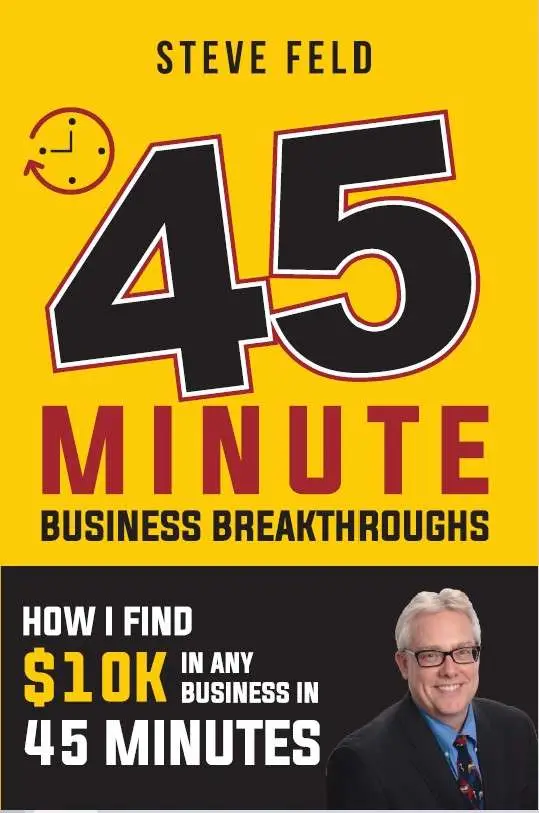Justifiable
By Steve Feld|2022-12-26T18:32:55-07:00November 26, 2022|Categories: Business, Coaching, Entrepreneur, Leadership, Sales|Tags: Business, Change, entreprenuer, Growth, Leadership, Owner, sales, success|
5 mistakes to avoid on LinkedIn
By Steve Feld|2022-12-26T18:29:36-07:00November 12, 2022|Categories: Business, Coaching, Entrepreneur, Leadership, Sales|Tags: Business, Change, Coaching, entreprenuer, Leadership, Owner, sales, success|
Do you shelve Knowledge?
By Steve Feld|2022-12-26T18:16:06-07:00October 29, 2022|Categories: Business, Coaching, Entrepreneur, Leadership, Sales|Tags: Business, Coaching, entreprenuer, Growth, Leadership, Owner, sales, Start up, success|
What is Your USP?
By Steve Feld|2022-12-26T18:18:15-07:00October 7, 2022|Categories: Business, Coaching, Entrepreneur, Leadership|Tags: Business, Change, Coaching, entreprenuer, Growth, Owner, success|
Are you a good Negotiator?
By Steve Feld|2022-11-06T17:27:41-07:00September 22, 2022|Categories: Business, Entrepreneur, Leadership|Tags: Business, entreprenuer, Growth, Leadership, Owner, sales, success|
The Vacation Liberator
By Steve Feld|2022-12-26T18:20:30-07:00May 8, 2022|Categories: Business, Coaching, Entrepreneur, Leadership|Tags: Business, entreprenuer, Leadership, Owner, success|
7 Traits of Successful Entrepreneurs
By Steve Feld|2021-09-29T15:51:16-07:00September 16, 2021|Categories: Business, Coaching, Entrepreneur, Leadership|Tags: Business, entreprenuer, Owner, Start up, success|
Eight Signs it’s Time to Hire a Business Coach
By Steve Feld|2021-09-02T03:51:11-07:00September 2, 2021|Categories: Business, Coaching, Entrepreneur|Tags: Business, Change, Coaching, entreprenuer, Growth, Leadership, Owner, Start up|
The Manager – Coach and Confidant
By Steve Feld|2021-08-20T15:46:05-07:00August 20, 2021|Categories: Business, Coaching, Entrepreneur, Leadership|Tags: Business, Change, Coaching, entreprenuer, Growth, Leadership, Owner, Start up|
Develop a vision for your future
By Steve Feld|2021-08-06T21:19:29-07:00August 7, 2021|Categories: Business, Coaching, Entrepreneur, Leadership|Tags: Business, Change, Coaching, entreprenuer, Growth, Owner, sales, Start up|











